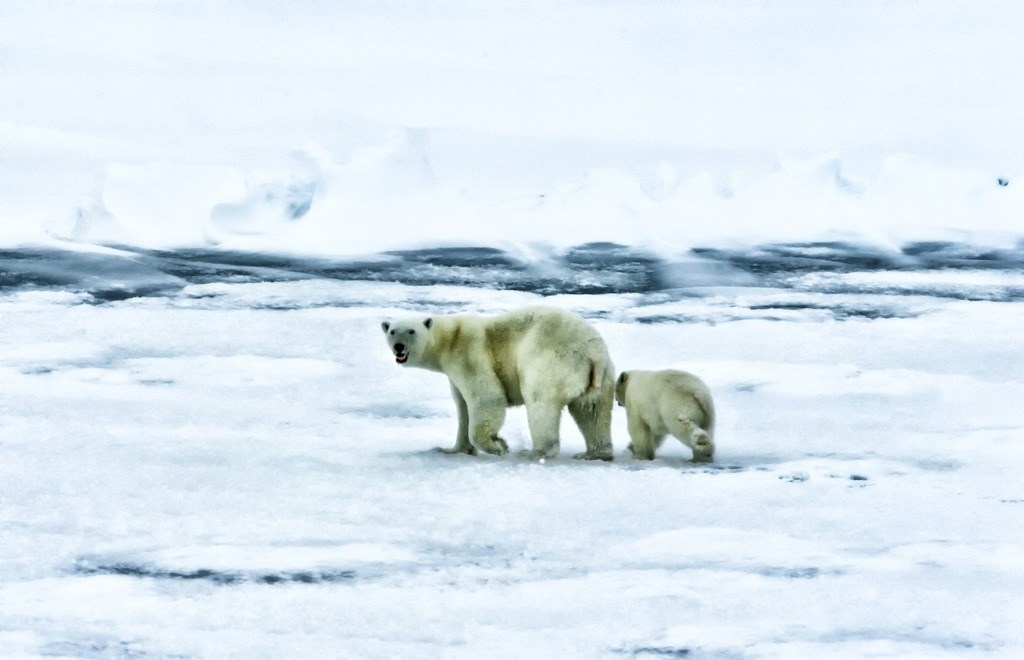The loss of biodiversity across the world is bad news not only for nature, plants and animals, it is a danger to human health as well, according to the latest Living Index Report from the World Wide Fund For Nature (WWF).
And among those risks to human health are infectious diseases like Covid-19.
“New zoonotic diseases - which jump from animals to humans - have increasingly emerged in recent decades,” the report says.
“These include Ebola, SARS and, most recently, COVID-19. As humans infringe on once-wild environments and animals lose habitats, we are at greater risk of zoonotic diseases jumping from animals to humans. Biodiversity conservation should be a non-negotiable and strategic investment to preserve our health, property and security.”
Since 1970, the populations of mammals, birds, fish, amphibians and reptiles have suffered a precipitous average fall of 68%, or more than two-thirds.
The Living Planet Index has been calculated annually now for two decades, based on the monitoring of the populations of 21,000 vertebrate species. And however shocking the 68% decline overall may be, some more detailed figures are even worse.
For example, the loss of population in freshwater species, down by 84% over the period.
There are also regional variations. Europe and Central Asia saw a loss of populations of 24%, and North America of 33%, but the figure for Africa was 65%, while Latin America and the Caribbean region saw a loss of 94%.
However Europeans should not be too quick to congratulate themselves. Although the low decline since 1970 can be attributed to successful conservations initiatives, the report issues a caveat.
“That said, biodiversity had been transformed to a large degree prior to 1970, especially in Western Europe, so the LPI shows trends from many species that were already in a depleted state.”
In these times of a worldwide pandemic, with total deaths approaching one million, the main take-away from the report is the fact that the health of the planet affects the health of each one of us.
“We can’t ignore the evidence – these serious declines in wildlife species populations are an indicator that nature is unravelling and that our planet is flashing red warning signs of systems failure,” said Marco Lambertini, Director General, WWF International.
“From the fish in our oceans and rivers to bees which play a crucial role in our agricultural production, the decline of wildlife affects directly nutrition, food security and the livelihoods of billions of people.”
Alan Hope
The Brussels Times

